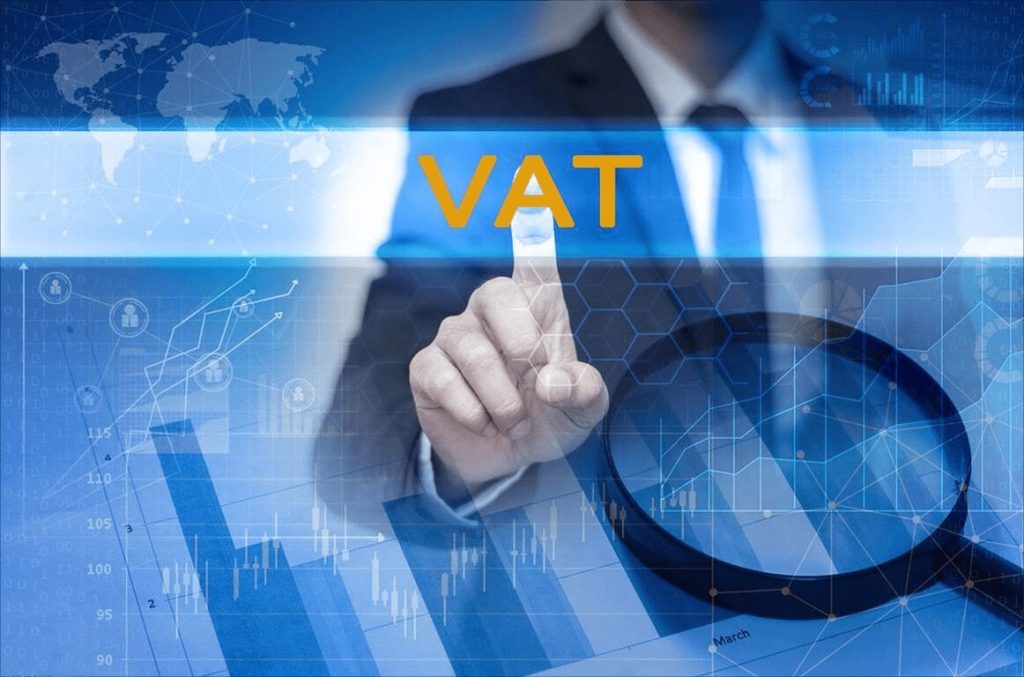France has one of the most complex tax regimes in the world, especially forimmigrantsIt is important to understand and comply with local tax regulations. Whether you are on a work visa, student visa, or any other type of residency visa, the French tax system may affect you. A proper understanding of your tax responsibilities in France will help you avoid unnecessary hassles and ensure that you are inImmigration to FranceLife and work go smoother. This article will help you understandImmigration to FranceBasic concepts of the tax system and how to handle your tax liabilities.

One,French tax systemsummarize
The French tax system consists mainly of personal income tax, social security tax and value added tax (VAT). As a legal resident, you are usually required to declare and pay tax on your income, whether it is derived from within or outside France. France applies the principle of taxation of worldwide income, which means that all persons residing in France for more than 183 days are required to declare and pay tax on their worldwide income.
Basic Taxes:
- Individual income tax (Impôt sur le revenu): There are several tax brackets based on the individual's annual income level, which apply to all individuals with income in France.
- Social security (Sécurité Sociale): Includes health insurance, pensions, unemployment insurance, etc., to which all employees and self-employed persons are required to contribute.
- Value added tax (TVA): Although VAT is mainly paid by consumers, it is one of the major sources of tax revenue in France, and merchants usually add it directly to goods and services.
Two,Immigration to FranceTax liabilities
- Determination of tax residency
In France, the determination of tax residency is key to tax reporting. The French tax authorities use several criteria to determine whether you are a tax resident:
- Length of residence: If you have lived in France for more than 183 days (i.e. approximately six months), you are usually considered a tax resident.
- economic interests: If your main economic interests (e.g. source of income, family residence, etc.) are in France, the tax office may also consider you as a tax resident of France.
- Family situation: If your spouse or minor children reside in France, the tax office may also consider you as a French tax resident.
As a tax resident, you are required to report your worldwide income to the French tax office and pay the appropriate tax. If you are a non-tax resident, only income from sources within France needs to be reported and taxed.
- Individual income tax filing and collection
The French personal income tax system is progressive, i.e. the higher the income, the higher the tax rate. Personal income tax in France starts from 0% and can go up to 45%. Personal income tax returns are usually filed in the spring of each year and tax residents are required to file a return based on the previous year's income.
Tax brackets:
- Annual income between Euro0 and Euro10,777: 0%
- Annual income between Euro10,777 and Euro27,478: 11%
- Annual income between Euro27,478 and Euro78,570: 30%
- Annual income between Euro78,570 and Euro168,994: 41%
- Annual income exceeding Euro168,994: 45%
If you are an employee, taxes are usually withheld by the employer and immigrants only need to file an annual return. Self-employed people, on the other hand, need to calculate and pay their own taxes.
tip: The tax filing process can be done through the French tax office's website, when you will need to provide your personal information, sources of income, tax deductions, etc. The French tax office also offers an online platform to help tax residents calculate and file their tax returns.
- Social security contributions
In addition to personal income tax, as a tax resident of France, you are also subject to social security tax. Social insurance covers the costs of health care, unemployment and pensions. Both employees and self-employed persons are subject to social security tax, the exact percentage of which depends on your income level.

Employees' social security tax is usually withheld by the employer, while the self-employed are required to calculate and pay the corresponding contributions to the French Social Security Agency (URSSAF).
tip: When immigrants first arrive in France, they may find the payment and calculation of social security contributions somewhat complicated. Recommendationsrecent immigrantsRegister for social security as early as possible and find out how to make your social security contributions through France's online platform.
- Is there a French wealth tax?
The wealth tax (Impôt de solidarité sur la fortune, or ISF) is a French tax on high net worth individuals. This tax applies to individuals whose total net worth exceeds €1.3 million. The French wealth tax focuses on real estate, stocks and financial assets. If your assets are above this threshold, you may be subject to wealth tax.

tip: If you have substantial assets and are eligible for wealth tax, it is advisable to consult a tax advisor to ensure that the tax is legally declared and paid.
III. How to avoid double taxation
If you areImmigration to Franceand have sources of income in other countries as well, may face the problem of double taxation. Fortunately, France has concluded double taxation agreements with a number of countries, which usually provide for the distribution of taxes between the source of income and the place of residence, avoiding the same income being taxed twice.
For example, if you work in France but your income is derived from another country, the French tax office may allow you to credit some or all of your expatriate taxes to avoid double taxation.
tip: Understand and take advantage of France's double taxation agreements with other countries to ensure that you do not pay tax twice on the same income. If necessary, consult a tax expert to help you make effective use of these international agreements.
IV. Time limits for tax declarations and payments
The tax year in France usually coincides with the calendar year. Tax returns are usually due between May and June each year. Tax residents are required to submit a tax return based on the previous year's income to ensure that the return is completed within the required time frame to avoid penalties.
If you are filing a tax return in France for the first time, it is advisable to prepare all the necessary documents in advance, e.g.: proof of income, proof of social security contributions, list of deductions, etc.
tip: Ensure that you meet your tax filing deadlines to avoid penalties or interest for late filing.
V. How to deal with tax issues
The French tax office (Direction générale des Finances publiques, or DGFiP) offers tax residents several channels to deal with tax issues. You can communicate with the tax office to solve your problem via an online platform, by phone or face-to-face.
tip: If you are having trouble with your tax return or are unsure how to proceed, you can seek the help of a tax consultant. There are many specialized tax consulting firms in France that can help immigrants with a variety of tax issues to ensure legal compliance.
summarize
Understanding and dealing with French tax liabilities is important for everyImmigration to FranceIt is a necessary step for all of us. By understanding the French tax system, familiarizing yourself with the definition of a tax resident, and accurately declaring your personal income tax, social security and other taxes, you can ensure that your tax return is completed successfully and avoid unnecessary hassles. Tax issues can be complicated, but by preparing in advance, consulting with professionals and utilizing the online tools provided by the French tax office, you can easily manage your tax affairs and start your new life in France.





